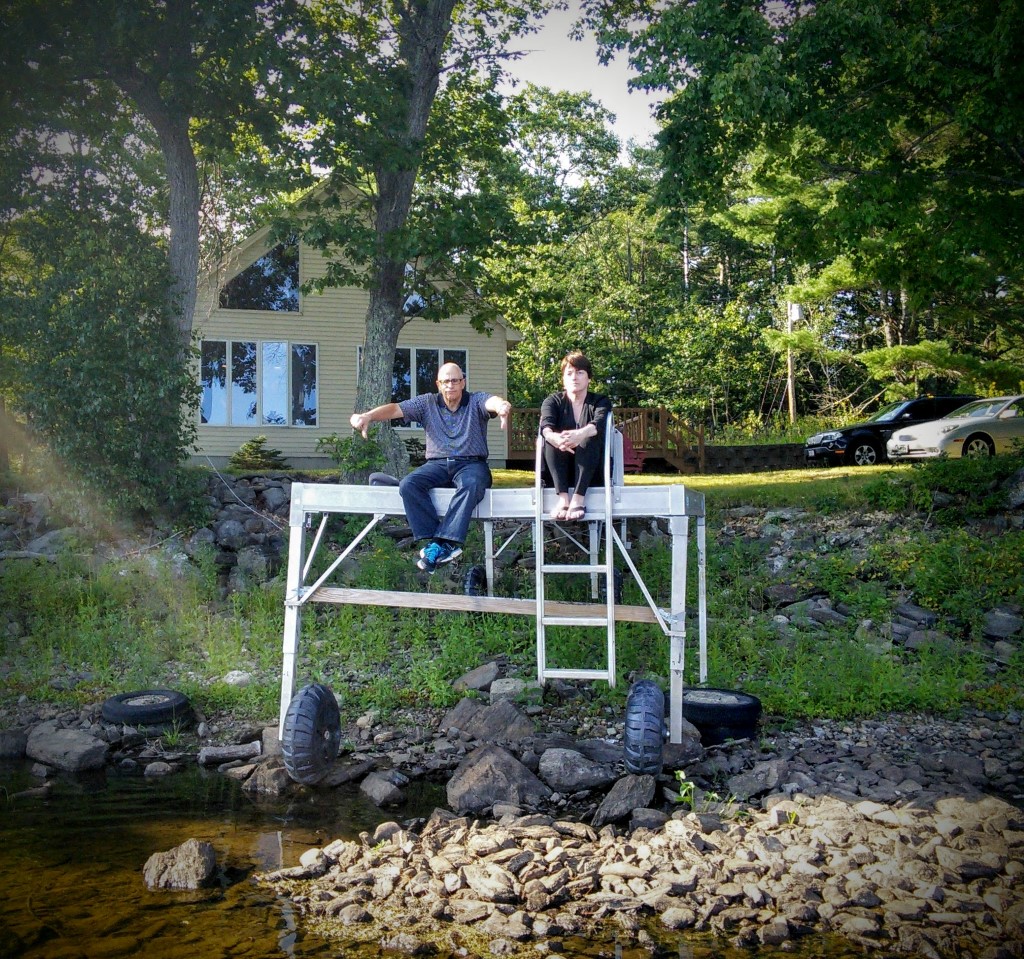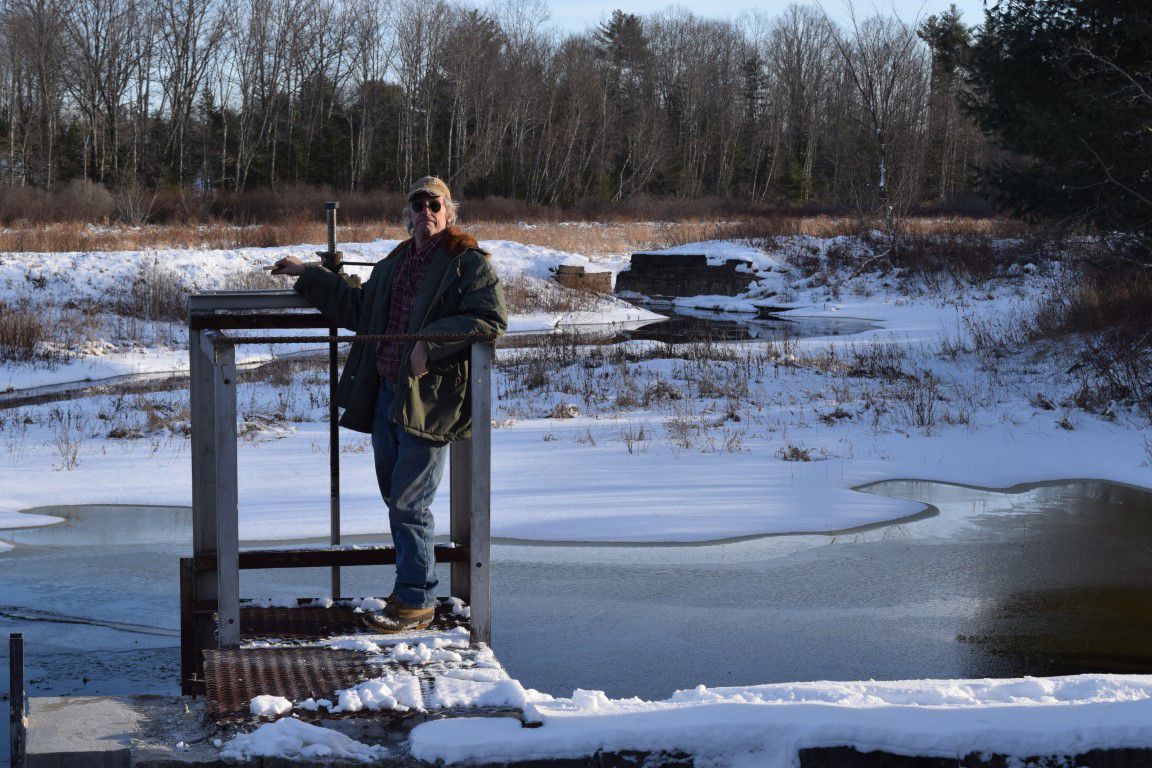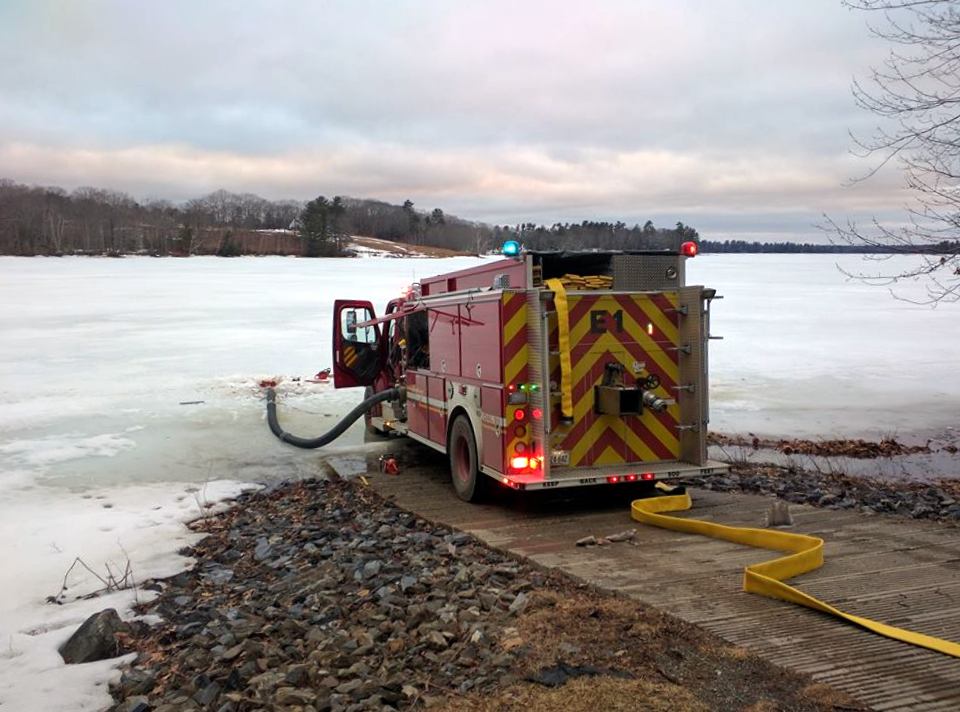 On February 22, 2019, Justice Billings finally ruled in the Rubin/Ayer v. Smith/Aquafortis Associates [AQF] lawsuit, finding in favor of Richard Smith. At the start of the litigation back in January 2016 (see Clary Lake Shore Owners Rubin & Ayer File Suit in Superior Court), both Paul Kelley and Pleasant Pond Mill LLC [PPM] were defendants in the suit along with Richard Smith and AQF but first PPM and then Kelley subsequently filed for bankruptcy, staying the civil suit against them. Rubin and Ayer decided to pursue a judgment against only Richard Smith and AQF. They almost won, which is to say, they lost. There were a lot of very interesting elements in the suit, I’ve followed it closely since it was filed, and I testified when it went to hearing on December 20th (see Update on Rubin v. Smith Lawsuit). I have not written about the case much on this website, at the request of Bob Rubin who told me he did not want the publicity. In any case, here’s the Judge’s Order:
On February 22, 2019, Justice Billings finally ruled in the Rubin/Ayer v. Smith/Aquafortis Associates [AQF] lawsuit, finding in favor of Richard Smith. At the start of the litigation back in January 2016 (see Clary Lake Shore Owners Rubin & Ayer File Suit in Superior Court), both Paul Kelley and Pleasant Pond Mill LLC [PPM] were defendants in the suit along with Richard Smith and AQF but first PPM and then Kelley subsequently filed for bankruptcy, staying the civil suit against them. Rubin and Ayer decided to pursue a judgment against only Richard Smith and AQF. They almost won, which is to say, they lost. There were a lot of very interesting elements in the suit, I’ve followed it closely since it was filed, and I testified when it went to hearing on December 20th (see Update on Rubin v. Smith Lawsuit). I have not written about the case much on this website, at the request of Bob Rubin who told me he did not want the publicity. In any case, here’s the Judge’s Order:
At the risk of over-simplifying the case, Rubin and Ayer basically had to prove three things, 1) that their use and enjoyment of their property was impacted due to low water conditions and that their property value had been damaged, 2) that Richard Smith was personally liable for the actions of AQF (a procedure referred to as “piercing the corporate veil”) and 3) that AQF and PPM were effectively alter egos of each other, in other words, one and the same and hence AQF/Smith should be held liable for the operation (or lack thereof) of the dam. Continue reading



 Based upon a letter hand delivered by Paul Kelley to the Lincoln County Superior Court yesterday, March 21, 2017, it appears that Clary Lake dam owner Pleasant Pond Mill LLC has filed for Bankruptcy. I picked up a copy of the letter today (see below). The letter doesn’t offer much information so it is not known at this time what kind of bankruptcy Mr. Kelley is pursuing. We’ll just have to wait and see! There are 2 kinds of bankruptcy available to corporations in Maine and the type chosen depends on whether one intends to liquidate (Chapter 7) their company, or attempt to reorganize it (Chapter 11).
Based upon a letter hand delivered by Paul Kelley to the Lincoln County Superior Court yesterday, March 21, 2017, it appears that Clary Lake dam owner Pleasant Pond Mill LLC has filed for Bankruptcy. I picked up a copy of the letter today (see below). The letter doesn’t offer much information so it is not known at this time what kind of bankruptcy Mr. Kelley is pursuing. We’ll just have to wait and see! There are 2 kinds of bankruptcy available to corporations in Maine and the type chosen depends on whether one intends to liquidate (Chapter 7) their company, or attempt to reorganize it (Chapter 11). Paul Kelley attended the regularly scheduled open (public) meeting of the Whitefield Selectboard on the evening of January 17th to discuss with them issues he has with some Town records, in particular certain Planning Board Meeting minutes. Reference may be had to the following letter which he presented to the Board in open session, which clearly explains his concerns, and what he would like to Town to do about them.
Paul Kelley attended the regularly scheduled open (public) meeting of the Whitefield Selectboard on the evening of January 17th to discuss with them issues he has with some Town records, in particular certain Planning Board Meeting minutes. Reference may be had to the following letter which he presented to the Board in open session, which clearly explains his concerns, and what he would like to Town to do about them. My wife and I spent the better part of last Wednesday the 16th at Lincoln County Superior Court attending 2 different hearings. I had already planned to attend the discovery hearing in the Clary Lake Water Level Order appeal proceeding (Docket No. AP-14-1 ) scheduled for 1:00 PM, then Tuesday afternoon I got a call from Bob Rubin informing me that the Judge had also scheduled a discovery hearing in the Rubin/Ayer lawsuit (Docket No. 2016 CV-002) for 9:00 AM that same day. The judge, Justice Daniel Billings, is the same for both cases. Wednesday was looking like Clary Lake day at Lincoln County Superior Court and my wife and I decided to make a day of it and attend both hearings, which we did, and we even found enough time between hearings for a nice lunch at Sarah’s.
My wife and I spent the better part of last Wednesday the 16th at Lincoln County Superior Court attending 2 different hearings. I had already planned to attend the discovery hearing in the Clary Lake Water Level Order appeal proceeding (Docket No. AP-14-1 ) scheduled for 1:00 PM, then Tuesday afternoon I got a call from Bob Rubin informing me that the Judge had also scheduled a discovery hearing in the Rubin/Ayer lawsuit (Docket No. 2016 CV-002) for 9:00 AM that same day. The judge, Justice Daniel Billings, is the same for both cases. Wednesday was looking like Clary Lake day at Lincoln County Superior Court and my wife and I decided to make a day of it and attend both hearings, which we did, and we even found enough time between hearings for a nice lunch at Sarah’s.